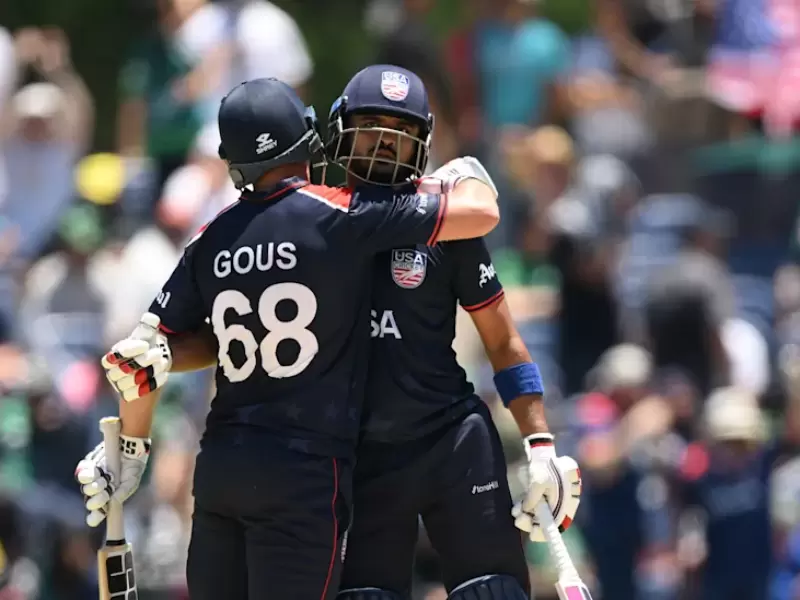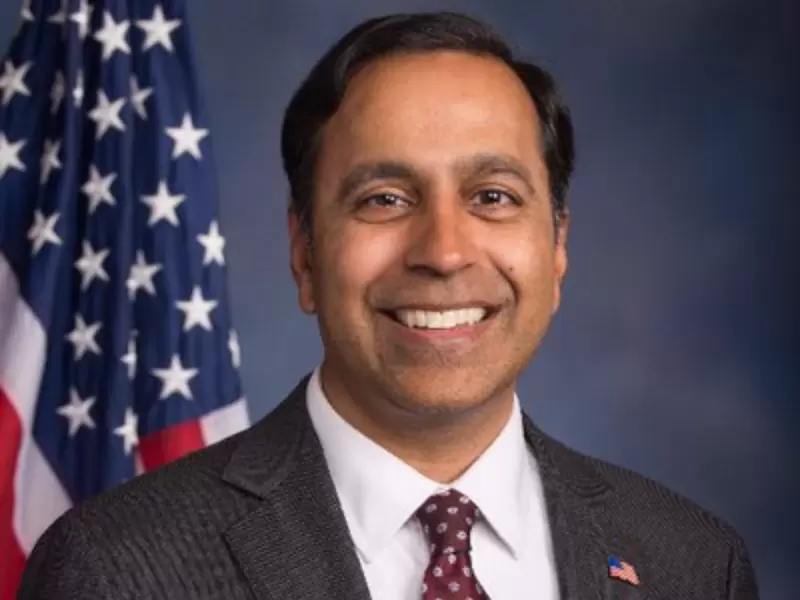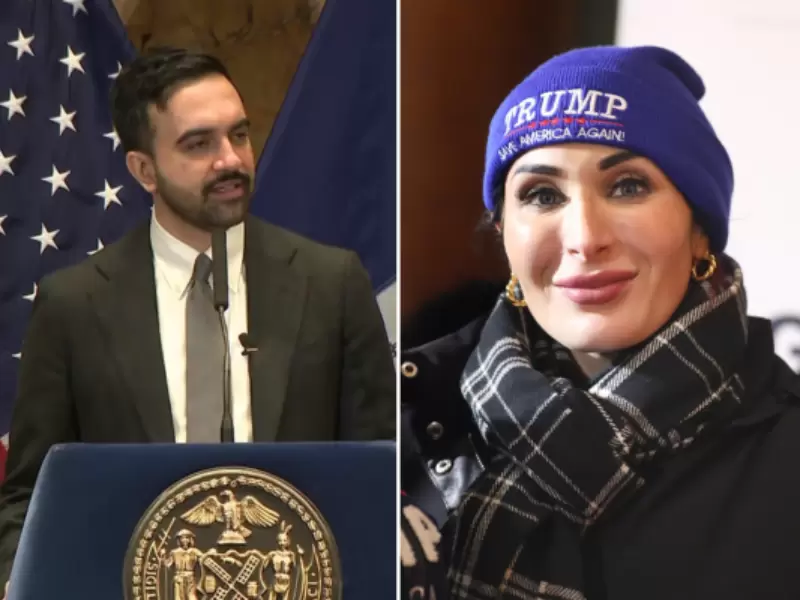ADVERTISEMENT
POP
See MoreCommunity
See MoreIndian Association of Sacramento organizes Meet and Greet
Consul Jaswant Singh thanked IAS for organizing the consular camp earlier that morning at the same venue, which served nearly 350 queries in total, which includes 200+applications from local Indian Americans seeking OCI and visa services.
-
Hindi-USA students may now earn recognized foreign-language credits from numerous public school districts across the country.
-
The discussion noted India's rising energy needs due to industrialization and urbanization.
-
Consular General Mr. Manjunath applauded the event and praised the organizers and volunteers for their efforts in supporting initiatives that...
ADVERTISEMENT
Videos
View AllOpinion
See MorePeople
See MorePratham USA names Rajesh Shah as board chair
Outgoing chair Dhiren Shethia will remain on the national board.
-
The symposium will focus on accelerating research, diagnosis, and therapeutic development for rare and ultra-rare diseases.
-
The contribution has pushed BITS Pilani’s endowment corpus past $34 million as the institute works toward a $100 million fund.
-
The three Indian-origin members bring expertise spanning materials science, science policy, and artificial intelligence.
ADVERTISEMENT
Entertainment
See More
Veteran Nepali actor Sunil Thapa passed away in Kathmandu on the morning of Feb. 7 at the age of 68.
-
The project marks the reunion of director Priyadarshan and Akshay after a long gap of 14 years.
-
The 'Barfi' actress called the American actor and singer the most honest and sincere person she has ever come across.
-
A couple’s attempt to record the Welsh forest on tape...
-
Shah noted that the earth has survived without humans for...
-
ADVERTISEMENT
Immigration
See More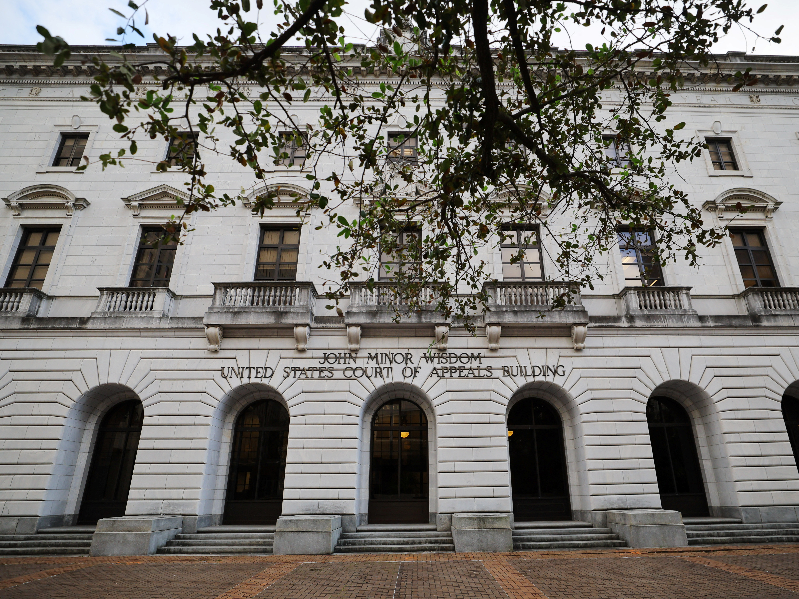
The ruling is expected to impact thousands of people as the court's jurisdiction covers Texas and Louisiana.
-
The lawsuit was brought by the National Immigration Law Center and other groups on behalf of a wide range of...
-
USCIS says employers must register beneficiaries online by March 19 for cap selection
-
Syed is proud of his Indian roots and likes to...
-
Immigration attorney Neumann warned H-1B visa holders presently in the...
Food
See More-
The online marketplace has grown through digital commerce driven by demand for accessible Indian products in the U.S. since its...
-
The Indian-American author and TV host discussed her show Taste the Nation and her new book at the university event.
-
The online marketplace has grown through digital commerce driven by demand for accessible Indian products in the U.S. since its...
-
Industry growth reflects shifting lifestyles, employment creation and evolving expectations...
-
This year’s list includes Indian-origin chefs and restaurant groups whose...
-
The restaurant will soon begin serving the buffet daily from...
-
Kapur attributed unhealthy outcomes largely to lifestyle choices.
-
The chef added that beyond the food, what left a...
SPORTS NEWS
See MoreIndia had sent their U17 women’s national team to Pokhara...
For the first time the 2,900 athletes will parade in...
Cricket legend Sachin Tendulkar was also effusive in his praise...
International Olympic Committee (IOC) Vice-President Juan Antonio Samaranch (Spain) was...
-
ADVERTISEMENT
News
See More-
ADVERTISEMENT
Please enter something
- Asian Americans
- Biz
- Books
- Canada
- Community
- Culture
- Dating
- Diplomacy
- Diwali
- Editor picks
- Editorial
- Explainers
- Fashion
- Features
- Food
- Immigration
- India
- India Decides '24
- India Independence Day
- Letters to the Editor
- Life
- Maha Kumbh
- Movies+
- News
- Opinion
- People
- Ram Mandir
- Reviews
- Rooted and Roaming
- Sports
- Spotlight
- Tech
- Travel n’ Diplomacy
- Trump 2.0
- UK Votes 2024
- US Elections 2024
- USA
- West Coast




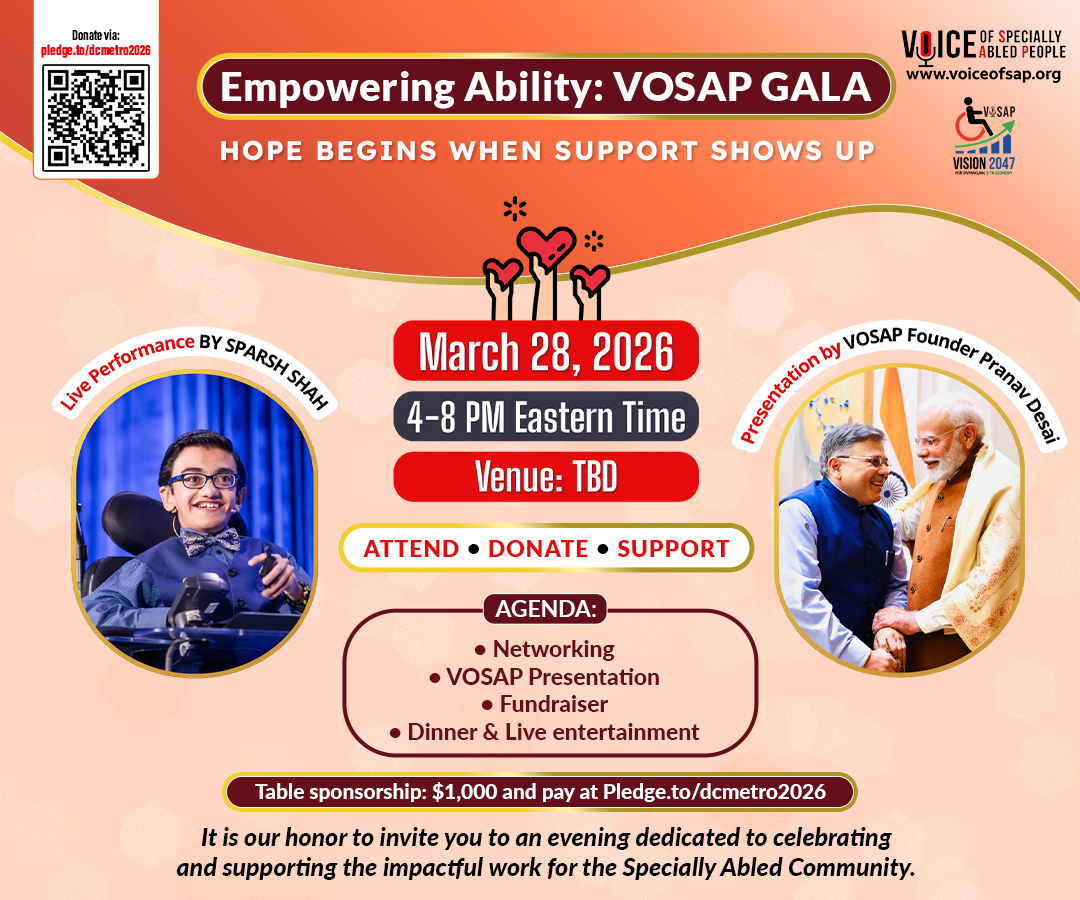
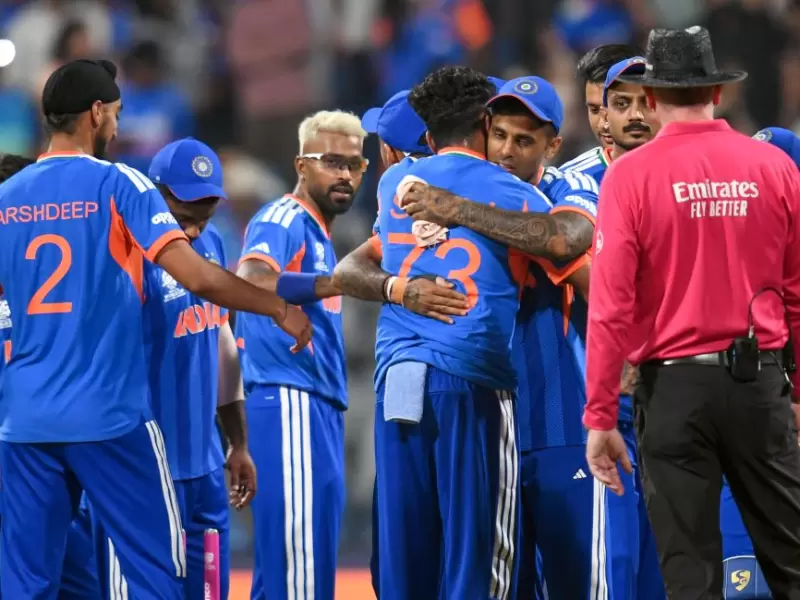
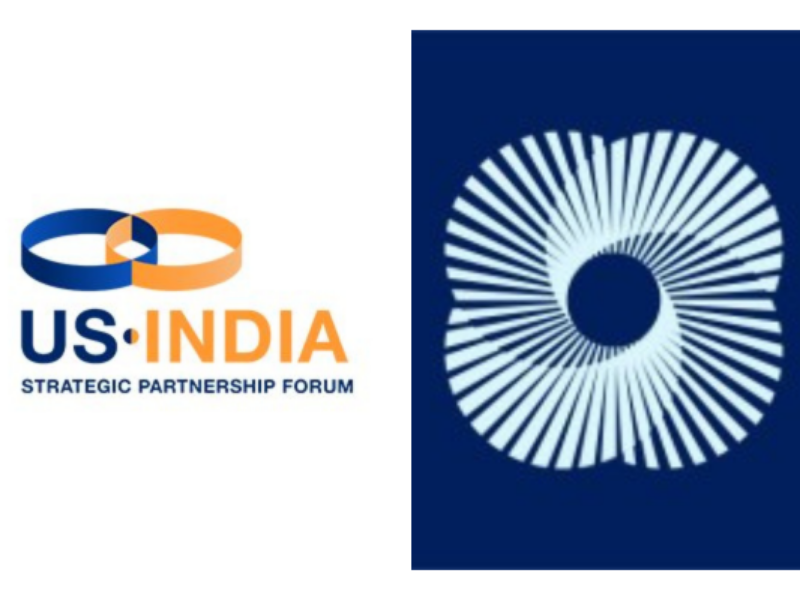
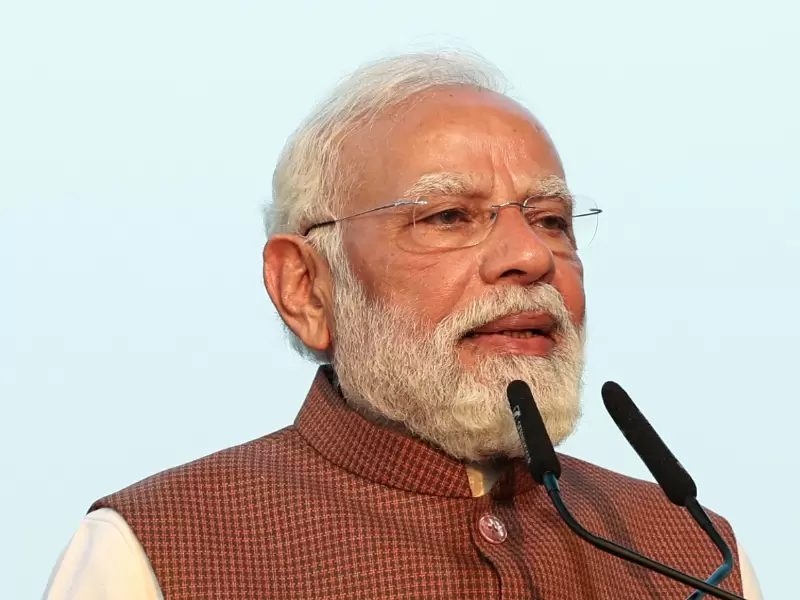
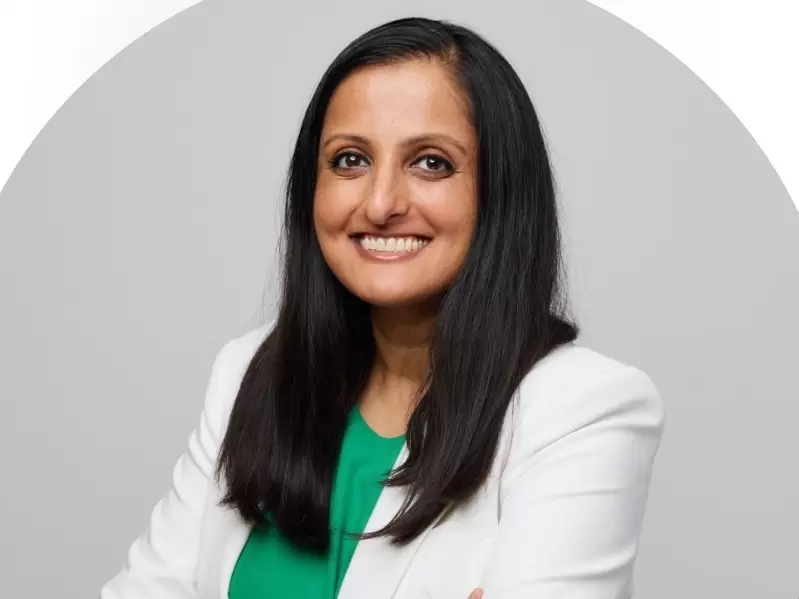

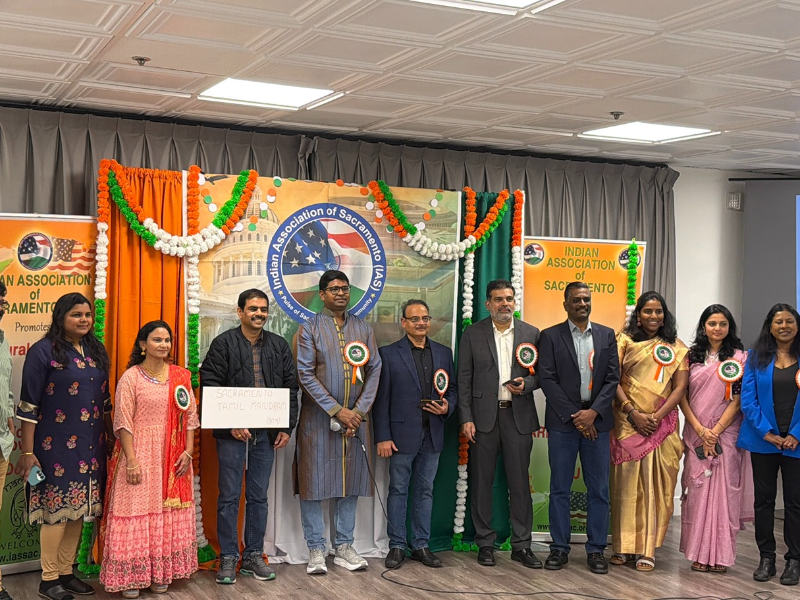
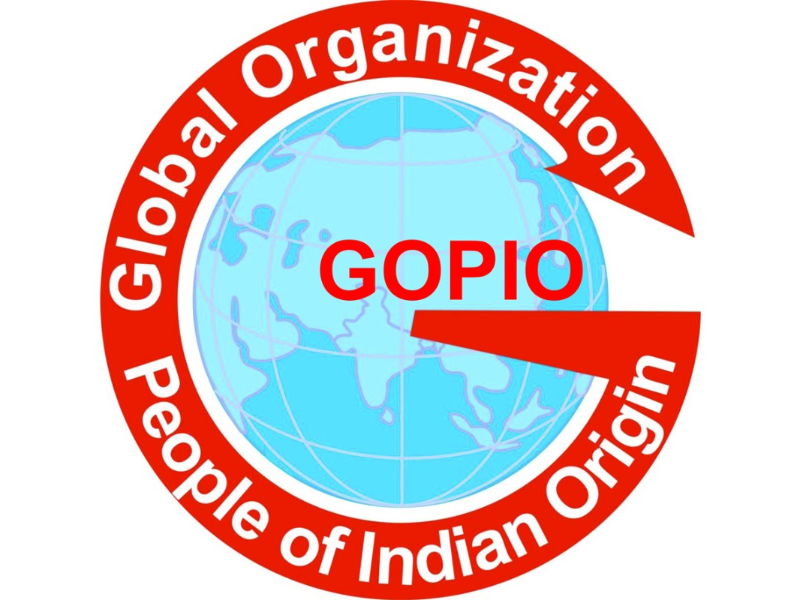
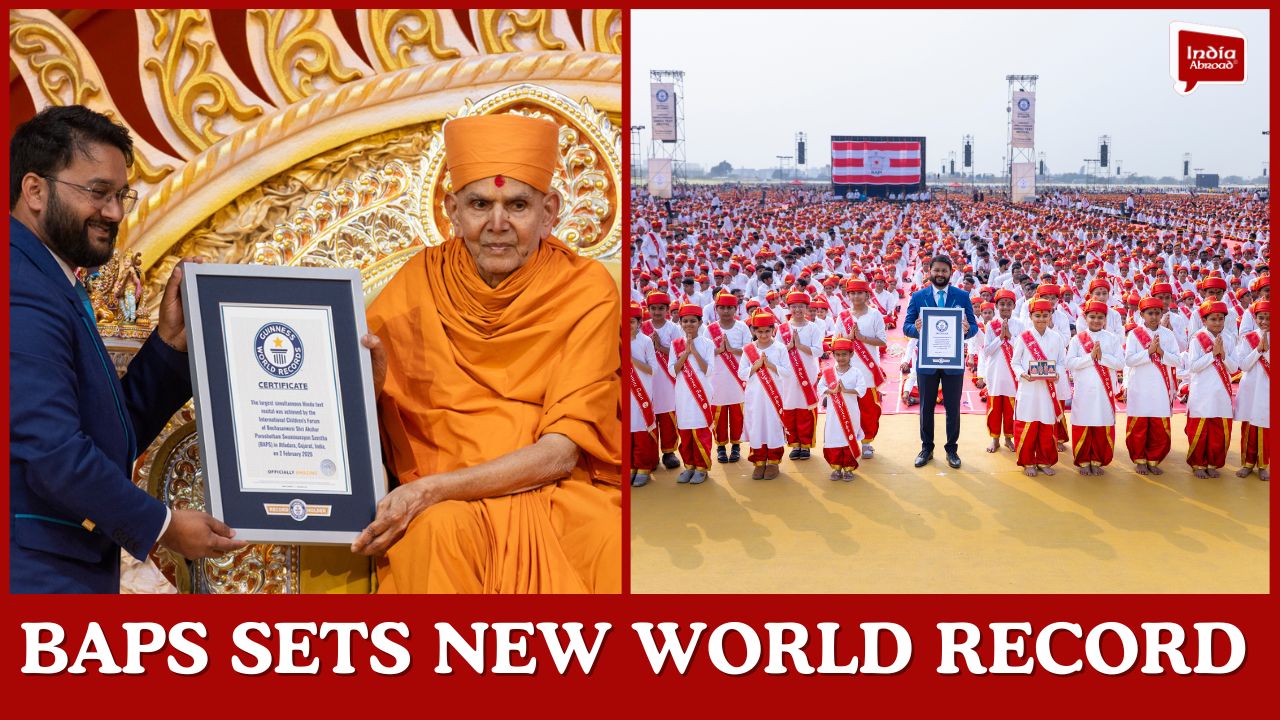
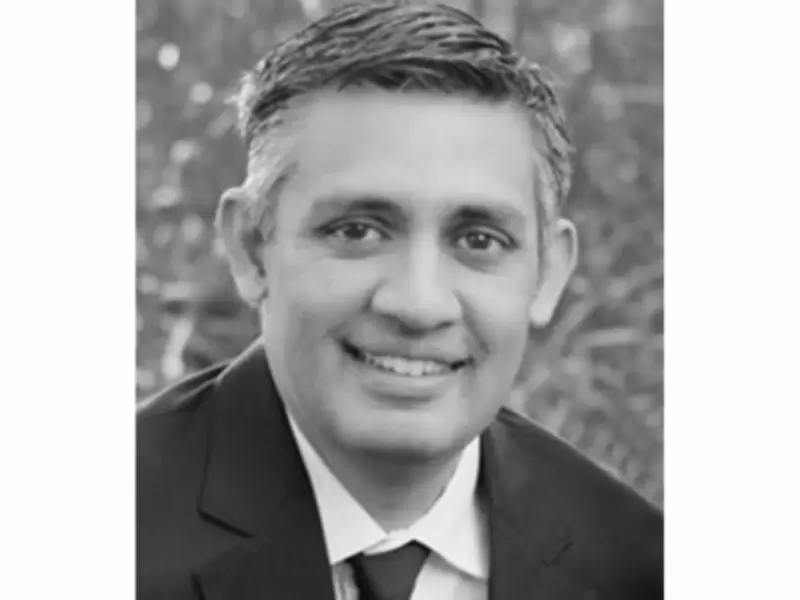
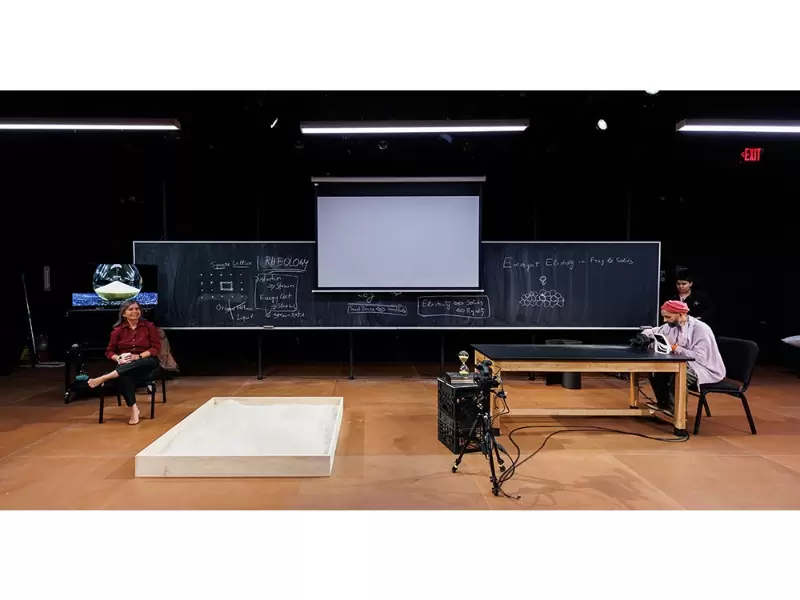
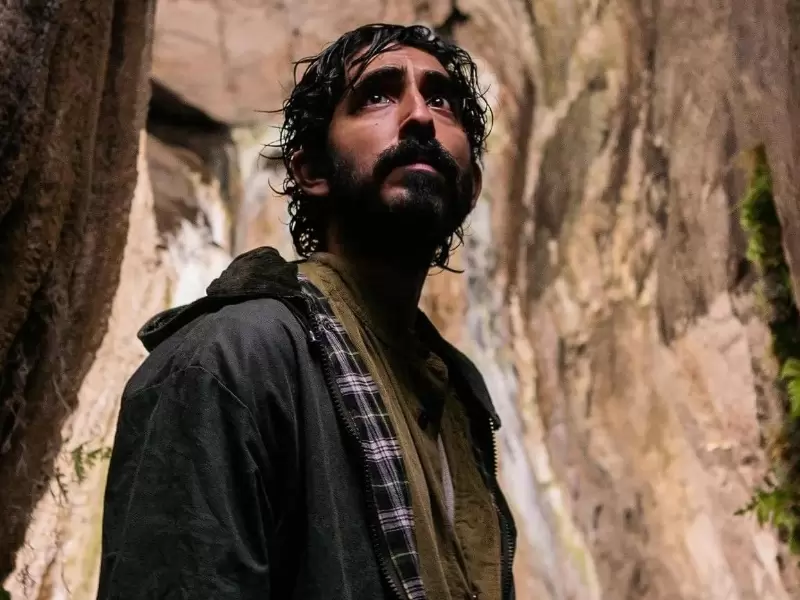
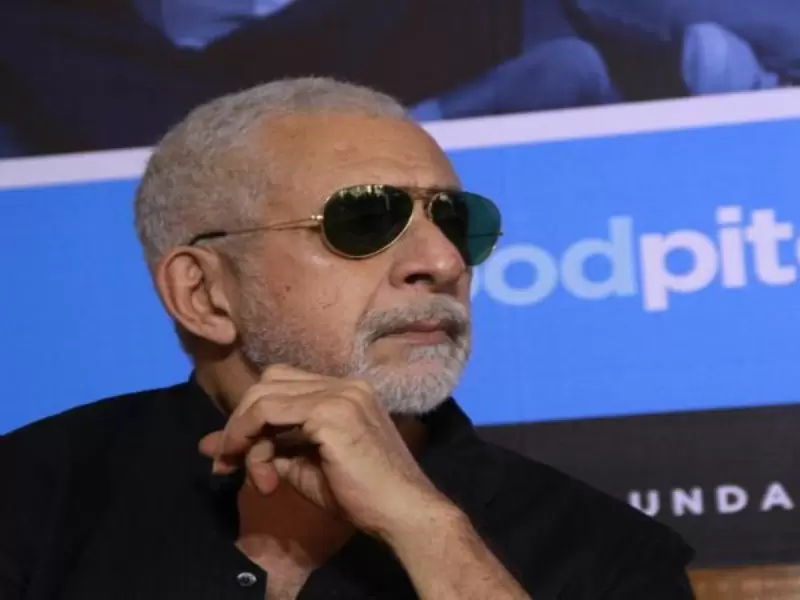
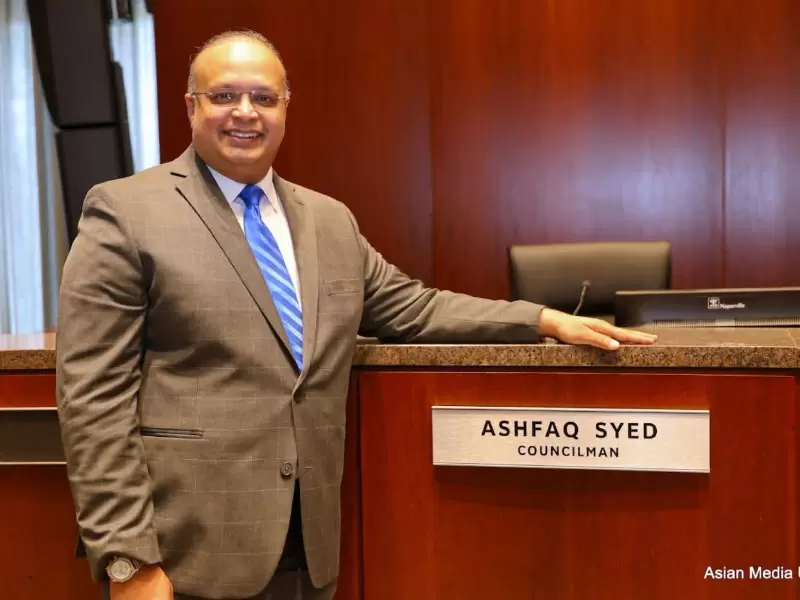
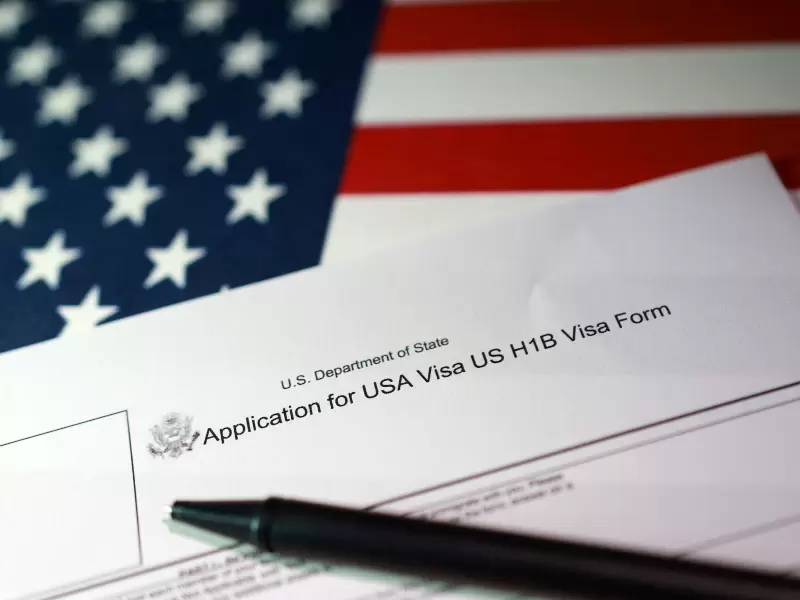

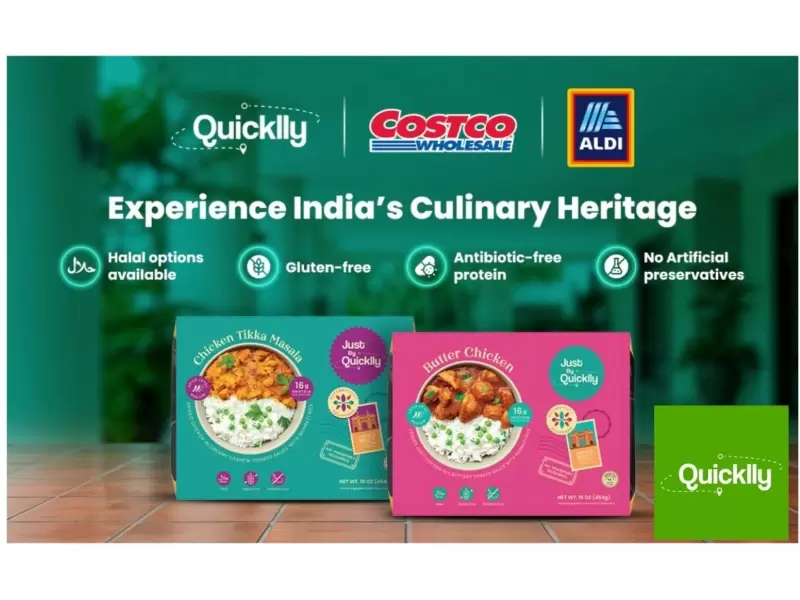
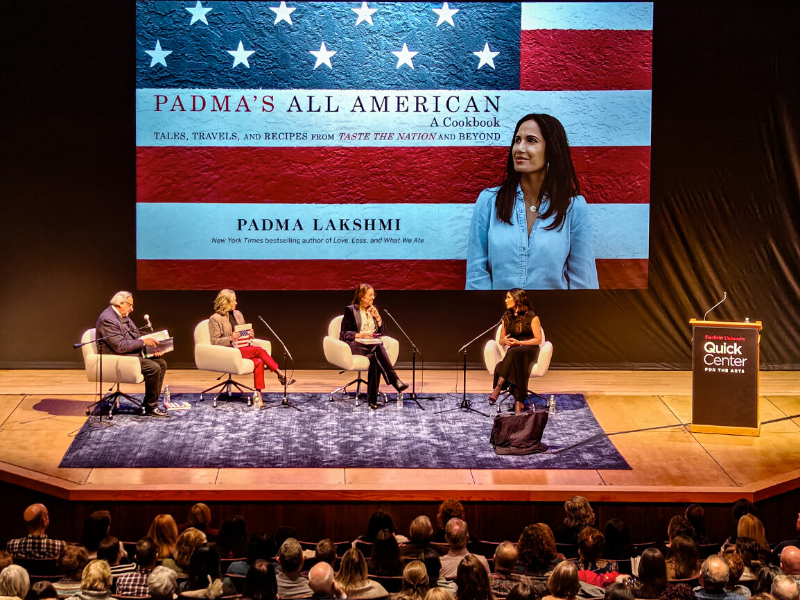
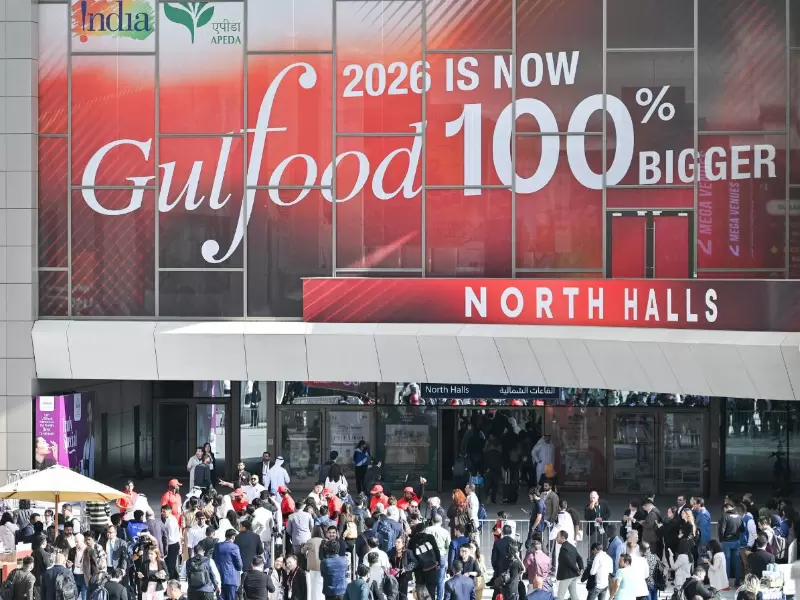
.jpg)
